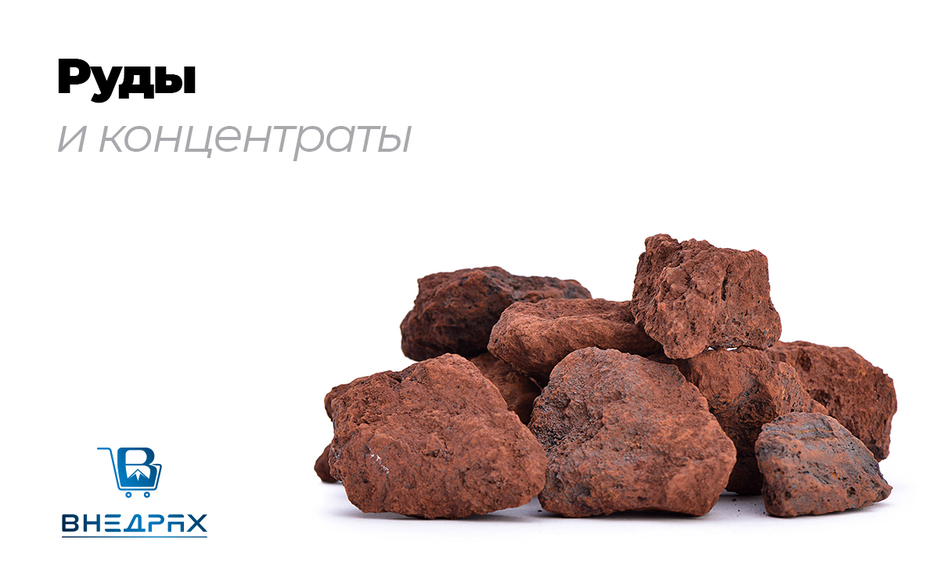Strontium carbonate technical GOST 2821-75
Salts are complex substances formed by metal cations and acidic residues. Salts are usually obtained by reacting acids and bases with the byproduct release of water. In nature they are found in the form of minerals and salt deposits. In most cases, salt is a solid crystalline substance, usually characterized as refractory, and is a dielectric. At the chemical level, they interact with active metals, bases, acids, and salts. Salts are classified into the following types: acidic - hydrogen is not completely replaced (for example, sodium bicarbonate NaHCO3); basic - hydroxyl groups are partially replaced by an acidic residue (aluminum hydroxysulfate Al(OH)SO4); medium – all hydrogen protons are replaced by metal ions (calcium nitrate Ca(NO3)2, potassium phosphate K3PO4). In addition, there are simple and mixed salts, organic and inorganic, complex, crystalline hydrates, and so on. Features of application: medicine - some salts, such as calcium or iron salts, are necessary for the normal functioning of the human body; agriculture - nitrates (nitric acid salts) of calcium, sodium, potassium and nitrate are used to make fertilizers; food industry - sodium chloride is involved in the production of table salt, and acetates are used as preservatives; chemical industry - salts are in demand as raw materials for the creation of bleaches, cleaning and disinfectants (soda, sodium hypochlorite, caustic soda); Many salts are used in analytical chemistry for titrimetric analysis. Technical strontium carbonate GOST 2821-75 can be purchased from NPP TrubTekhArmatura LLC. Delivery to all regions of Russia and CIS countries.
No reviews found



